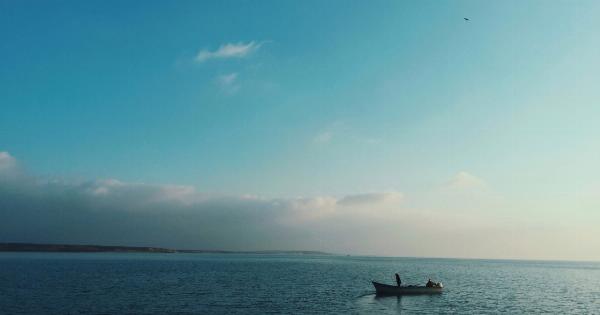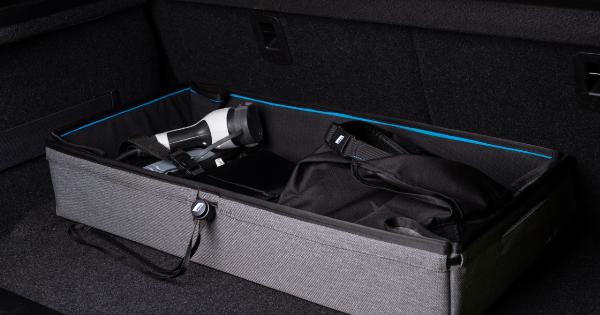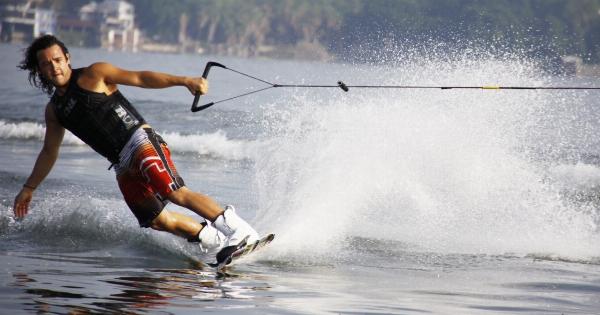The ocean is an immense and awe-inspiring entity that has captivated humans for centuries. It provides us with food, resources, and recreation. However, with its vastness, comes danger and uncertainty.
Boating enthusiasts are well aware of the risks associated with venturing out into the ocean. It is especially vital to have adequate boat insurance coverages to safeguard yourself and your vessel against any unforeseen calamities.
In this article, we will discuss different types of enhanced boat insurance coverages that can help in protecting your boat in a better way.
Hull Coverage
Hull coverage is the most basic type of boat insurance coverage. It covers the cost of repairing or replacing your boat in case of damage caused by collisions, explosions, or theft.
This coverage also includes damage to your boat’s motor, fixtures, furnishings, and permanently attached equipment. Hull coverage further offers protection against lightning, vandalism, fire, and sinking.
Liability Coverage
Liability coverage is a necessary component of boat insurance. It provides protection from legal claims and financial loss caused by property damage or bodily injury resulting from a boating accident for which you are responsible.
Typically, this insurance offers coverage for damage caused to another person’s boat, docks, or personal property.
Furthermore, liability coverage can also provide compensation for injuries suffered by individuals in the boating accident. It is crucial to make sure you bring enough liability coverage on your boat insurance policy.
In case you cause an accident resulting in more damages than your coverage limit can cover, you’ll have to pay out of your pocket.
Agreed Value Coverage
Agreed value coverage is another category of boat insurance coverage. It ensures that you will receive the exact cost of repair or replacement of your boat insured under the policy in case of total loss.
The total loss means complete destruction of the vessel after an accident, theft, or weather-related incidents.
In contrast to Actual Cash Value coverage, which takes into account depreciation when determining the value of the boat at the time of loss, Agreed Value Coverage pays the predetermined amount that you and the insurance company agreed upon when you purchased the policy.
Medical Payments Coverage
Medical payments coverage is a significant component of boat insurance coverage benefits most boaters do not know about. It pays for medical expenses for bodily injuries resulting from a boating accident, regardless of who was at fault.
This coverage applies to the policyholder, their passengers, and those engaging in water sports activities like tubing or water-skiing.
The amount of coverage available under medical payments insurance will variously be determined by the policyholder while buying a boat insurance policy.
It’s important to note that medical payments coverage is supplementary, meaning it is activated once your health insurance has paid out regarding specific medical expenses.
Uninsured Watercraft Coverage
Uninsured watercraft coverage is another type of boat insurance coverage that can help you in case an uninsured boater causes damage to your boat or injuries you and your passengers.
This coverage pays for damages or injury expenses in situations where the at-fault boat owner does not have insurance or insufficient insurance to pay for the damage they caused.
Trailer Coverage
Trailer coverage is an optional coverage option available to boat owners. It provides protection against damages to your boat’s trailer incurred while transporting it to and from the waterway, or while parked in storage.
Moreover, this type of coverage also protects the vessel against loss or damage and includes coverage for physical damage to the trailer from risk factors such as collisions, theft, and vandalism.
Conclusion
While going out on the ocean, it’s important to ensure that your vessel is adequately insured so that you’re adequately prepared in case of any accidents or damaging situations.
The type and extent of boat insurance coverage you need depend on several factors, including your boat type, value, and usage. By paying a reasonable premium for the appropriate coverage, you can have peace of mind knowing that you and your watercraft have comprehensive protection.



























